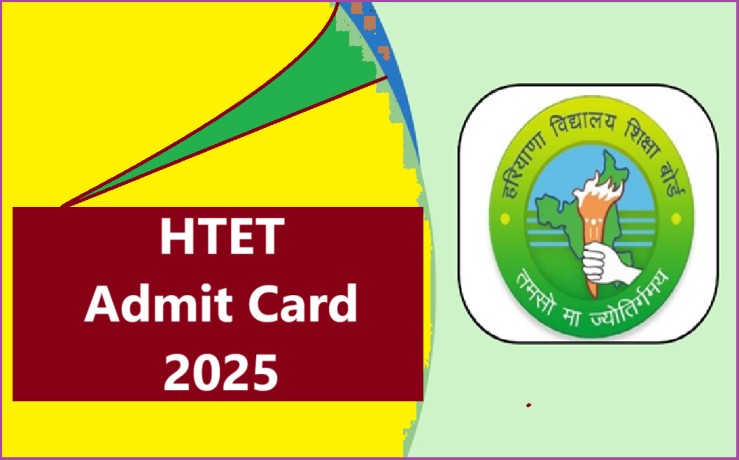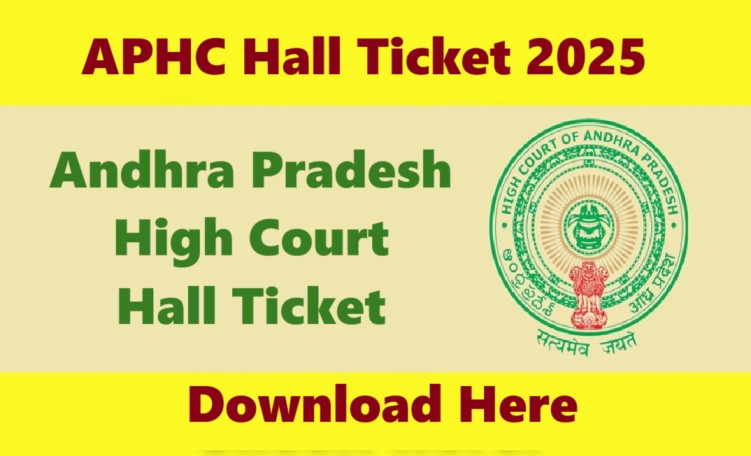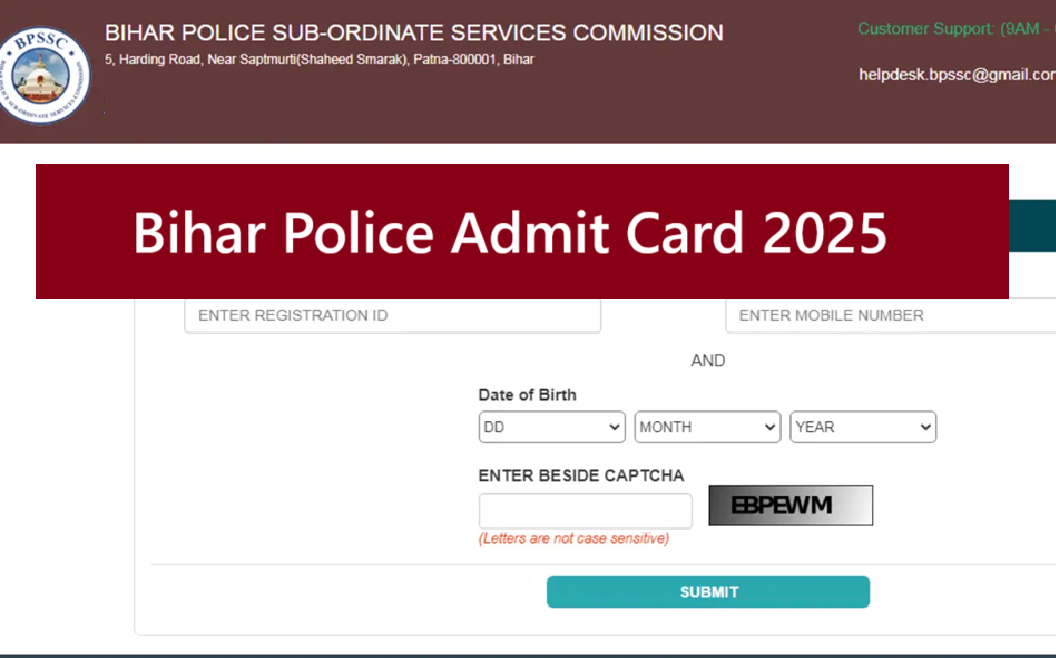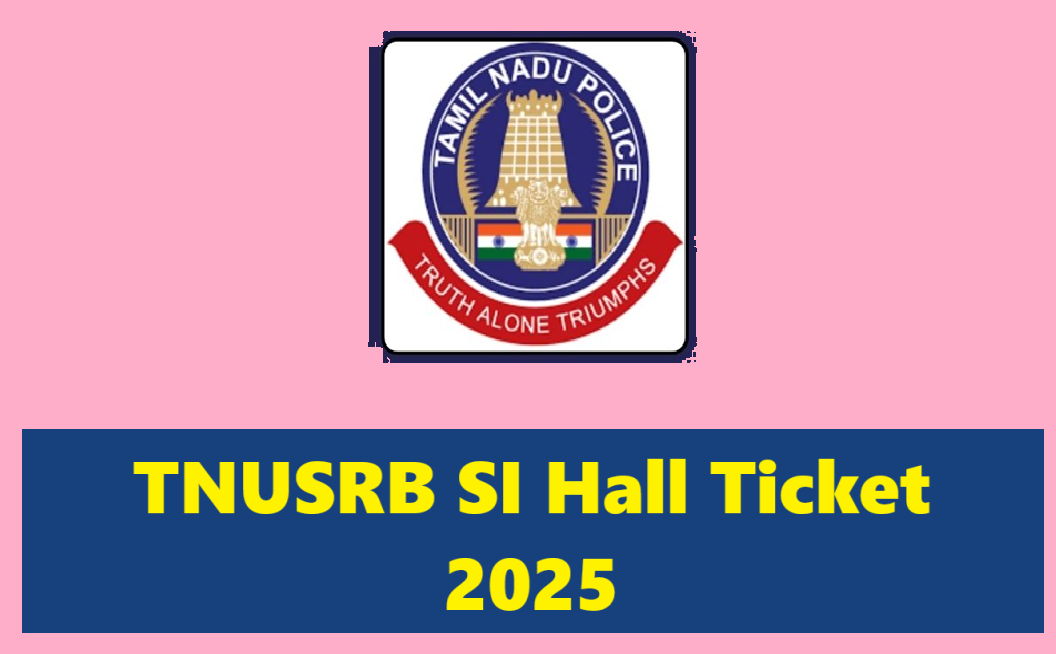Credit One Bank $14M TCPA Robocall Settlement: Eligibility And Payout Details is now available on this page.
Credit One Bank has reached a $14 million settlement in a class-action lawsuit involving unauthorized robocalls made between 2014 and 2019. The lawsuit claims that the bank violated the Telephone Consumer Protection Act (TCPA) by placing automated calls without proper consent—something that’s strictly regulated under federal law.
If you received one of those calls during that time frame, you might be eligible for a piece of the settlement. While the exact payout amount will depend on the number of valid claims submitted, eligible individuals could receive a cash payment as compensation.
Here’s a breakdown of who qualifies and how you can file a claim to receive your share.

Credit One Bank has agreed to a $14 million settlement in response to a class-action lawsuit that accused the company of making unauthorized robocalls between 2014 and 2019. The suit claimed that Credit One and its affiliates used auto-dialers and prerecorded messages to contact people without their consent, which violates the Telephone Consumer Protection Act (TCPA).
According to court records, many of these calls went out to individuals who had never given the bank permission to contact them—something that’s clearly against federal robocall laws. The calls weren’t just about debt collection either; they reportedly included marketing messages as well, and were made to both landlines and mobile phones, as per Kiplinger.
While Credit One hasn’t admitted any wrongdoing, it agreed to settle the case and establish a $14 million compensation fund. If you’re among those who received these calls, you may be eligible for a cash payment. Depending on how many valid claims are submitted, payouts could be as high as $1,000 per person.
To qualify for a payout, you’ll need to show that you received a robocall from Credit One Bank or one of its affiliates sometime between 2014 and 2019—and that you didn’t give permission for those calls.
You might also need to confirm that you actually owned the phone number during that time period. While you’re not required to submit phone records or documents to prove it, doing so could help support your claim. According to Kiplinger, basic details may be enough, but any additional proof can strengthen your case.
Frequently Asked Questions (FAQ)
Q1: How do I know if I’m eligible for the Credit One settlement?
If you received a robocall from Credit One Bank or its affiliates between 2014 and 2019 without giving consent, you’re likely eligible. You may need to confirm phone ownership from that period.
Q2: How much money could I receive?
Eligible individuals may receive up to $1,000, but the actual amount depends on how many valid claims are filed.
Q3: Do I need to submit phone records?
No, phone records are not required, but submitting them could help strengthen your claim.
Q4: When can I file a claim?
You’ll be able to file once the settlement website goes live, which will happen after the court sets a final hearing date.
Q5: Will I be notified directly?
Yes, if you’re eligible, you may receive an email or mail notice with claim instructions.
Q6: When will the payments be issued?
Only after court approval and the full claim review process is completed. It may take a few months from that point.





